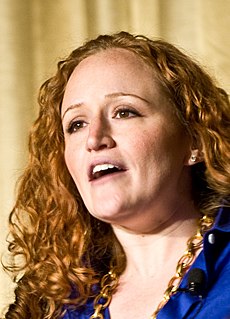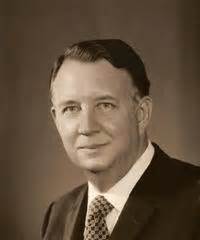A Quote by Austin Butler
How someone treats a waiter or doorman can tell you so much about a person.
Related Quotes
How many slams in an old screen door?
Depends how loud you shut it.
How many slices in a bread?
Depends how thin you cut it.
How much good inside a day?
Depends how good you live 'em.
How much love inside a friend?
Depends how much you give 'em.”
? How Many, How Much by Shel Silverstein
“Tell the truth, or someone will tell it for you.
We who are born from above testify to the change that God has wrought in our hearts. Perhaps the best time for you to tell someone what has taken place in your life is when that person comes to you and says, 'What has happened to you? I have known you before and after. You are different, Tell me about it.' This is the best opportunity to tell someone about Christ. If they don't see a difference, all the talking in the world is meaningless.
You almost have to step outside yourself and look at you as if you were someone else you really care about and really want to protect. Would you let someone take advantage of that person? Would you let someone use that person you really care about? Or would you speak up for them? If it was someone else you care about, you'd say something. I know you would. Okay, now put yourself back in that body. That person is you. Stand up and tell 'em, "Enough!
Many people will tell you that an expert is someone who knows a great deal about the subject. To this I would object that one can never know much about any subject. I would much prefer the following definition: an expert is someone who knows some of the worst mistakes that can be made in the subject, and how to avoid them.
I think you reveal yourself by what you choose to photograph, but I prefer photographs that tell more about the subject. There's nothing much interesting to tell about me; what's interesting is the person I'm photographing, and that's what I try to show. [...] I think each photographer has a point of view and a way of looking at the world... that has to do with your subject matter and how you choose to present it. What's interesting is letting people tell you about themselves in the picture.




































